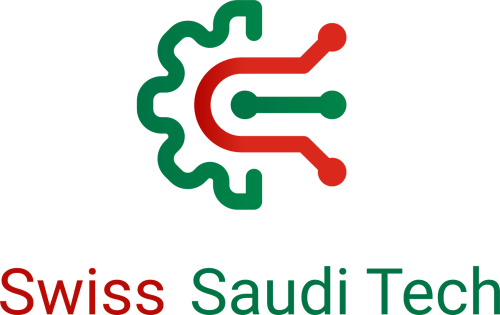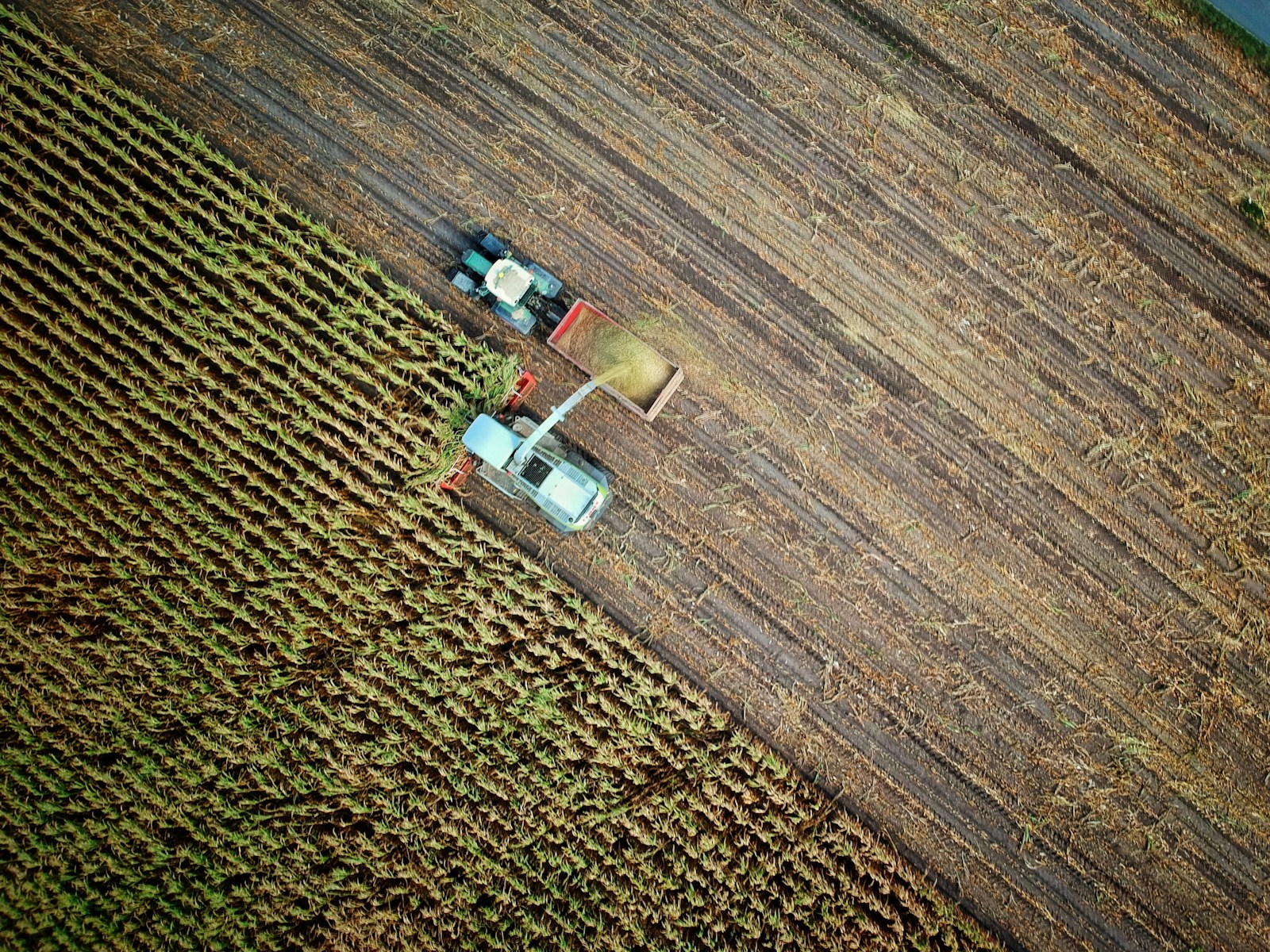Exploring the Integration of Advanced Farming Techniques in Switzerland
The Role of Precision Agriculture in Swiss Environmental Stewardship
In the verdant landscapes of Switzerland, precision agriculture technologies are emerging as pivotal tools for enhancing farm productivity while maintaining a harmonious balance with the natural environment. These technologies, which include sophisticated sensor networks, drone surveillance, and data analytics platforms powered by Artificial Intelligence (AI) and the Internet of Things (IoT), allow Swiss farmers to optimize crop yields and minimize environmental impact.
This approach to farming is particularly significant in a country like Switzerland, where the preservation of natural beauty is paramount. Precision agriculture enables farmers to apply the exact amount of water, fertilizers, and pesticides needed, reducing run-off into local ecosystems and decreasing the chemical load in the environment. The meticulous nature of this technology aligns perfectly with Switzerland’s commitment to environmental conservation and sustainable living practices.
For business leaders and entrepreneurs, the Swiss model offers insightful lessons on integrating sustainability into core business operations. By investing in precision agriculture, companies can achieve greater efficiency and productivity in their operations while also enhancing their corporate social responsibility profiles. Such strategies are essential in today’s market, where consumers increasingly favor businesses that commit to environmental stewardship.
Enhancing Farm Efficiency through Technology
Swiss precision agriculture is not just about environmental benefits; it also significantly enhances farm efficiency. By using GPS and IoT technology, farmers can track the health of their crops and soil conditions in real time, allowing for quick adjustments that prevent crop failure and boost productivity. This level of control and monitoring was unimaginable a few decades ago and represents a revolutionary change in agricultural practices.
The adoption of these technologies also helps in reducing labor costs and minimizing human error—key considerations for maintaining profitability in the competitive field of agriculture. For instance, automated tractors and harvesters can operate with precision accuracy, ensuring that resources are used optimally and that the impact on the soil is minimized, preserving it for future generations.
From a management perspective, the data collected through these technologies provide invaluable insights that can inform decision-making processes across the business spectrum. This data-driven approach to farming ensures that agricultural practices can be refined and adjusted continuously, which is crucial for adapting to the increasingly unpredictable patterns of global climate change.
Blockchain Technology in Traceability and Quality Control
Another significant aspect of Swiss precision agriculture is the use of blockchain technology for traceability and quality control. This innovative application helps in documenting every step of the farming process, from seed selection to distribution, and ensures that all products meet the high standards expected by consumers.
This level of traceability is particularly important in a world where consumers are more conscious than ever about the origin and quality of their food. Blockchain technology provides a transparent and tamper-proof system, which increases consumer trust and loyalty. Additionally, it allows companies to quickly isolate and address issues in the supply chain, greatly reducing the risk and impact of food safety incidents.
For Swiss businesses, leveraging blockchain in agriculture not only enhances product integrity but also aligns with global trends towards greater corporate transparency and accountability. This proactive approach in adopting cutting-edge technologies positions Switzerland as a leader in sustainable agricultural practices and sets a benchmark for others to follow.
Project Management and Leadership in Implementing New Technologies
The successful implementation of precision agriculture technologies requires effective project management and leadership. Swiss companies are at the forefront of this, utilizing structured project management methodologies to oversee the integration of these complex systems into everyday farming operations.
Leadership in this context involves not only technical know-how but also the ability to inspire and coordinate diverse teams, including technologists, agronomists, and supply chain experts. The Swiss emphasis on comprehensive executive training and leadership development helps ensure that these multidisciplinary teams can work together seamlessly to achieve common goals.
Moreover, the strategic vision provided by top management is crucial for navigating the challenges associated with adopting new technologies. This includes managing the financial investments needed, overcoming resistance to change, and ensuring that all technological implementations are aligned with the company’s long-term sustainability objectives. Effective leadership in this area can significantly influence the successful adoption of precision agriculture technologies, driving innovation and sustainability in Swiss agriculture.
#SwissPrecisionAg, #SustainableFarming, #TechInAgriculture, #EnvironmentalConservation, #AIandIoT, #BlockchainTraceability, #LeadershipExcellence, #ProjectManagementInAgBusiness











